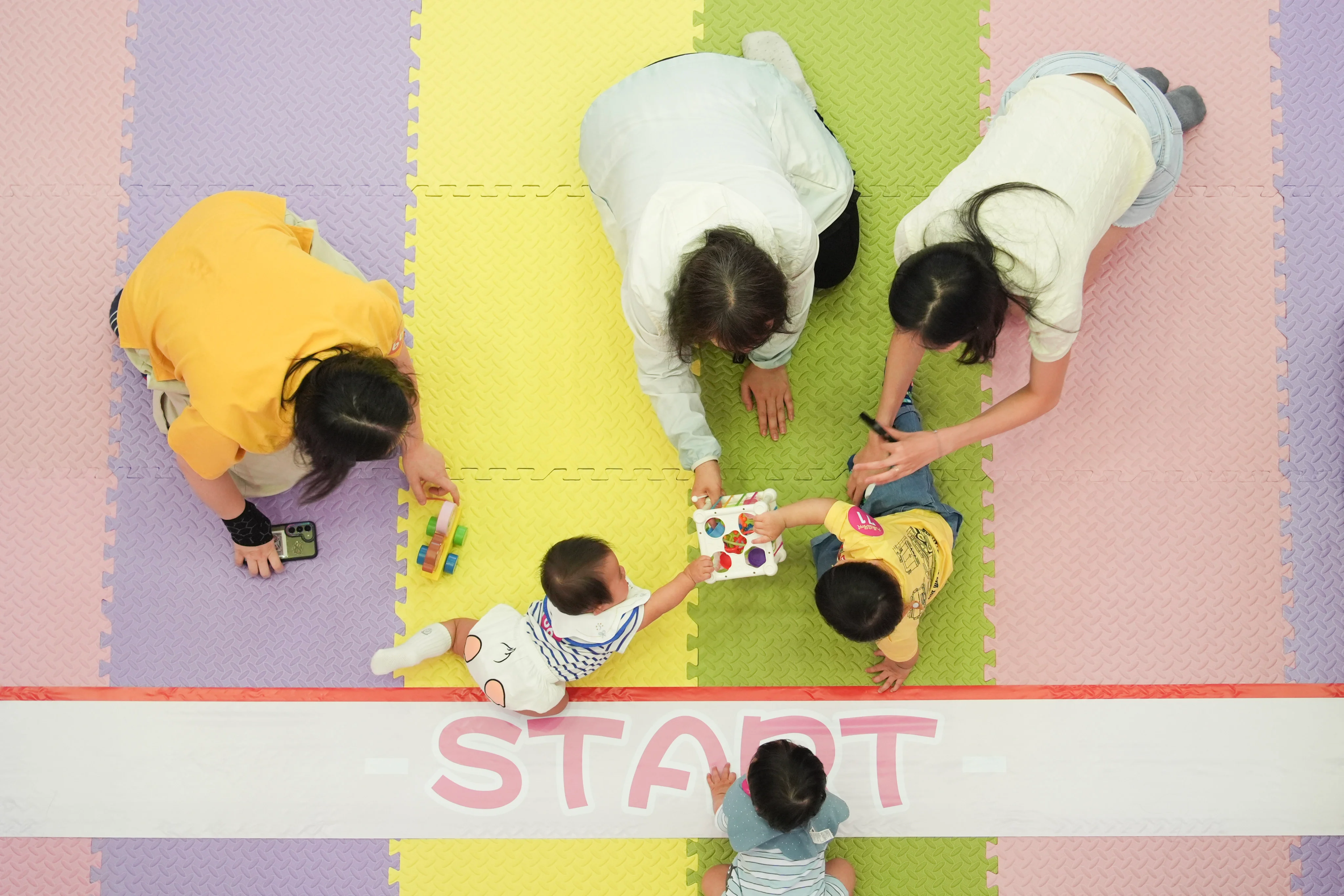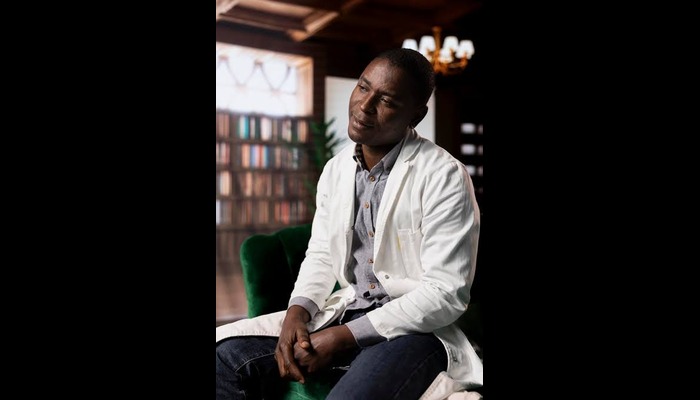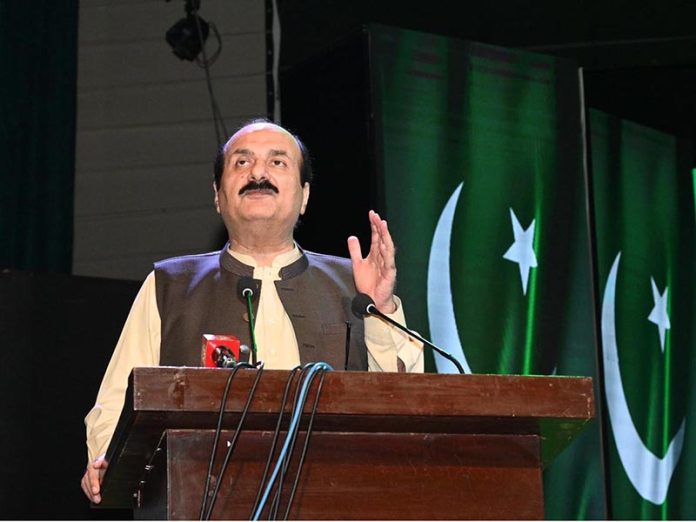By William Yiu
Copyright scmp

The number of babies born in Hong Kong is likely to drop in 2025 after an increase in the previous two years, with the figure potentially returning to near the record low of 2022, a Post analysis has found.
A population expert said that the impact of a three-year HK$20,000 (US$2,570) cash handout scheme for every newborn was minimal and he did not expect a tax concession announced in the latest policy address to help stimulate the birth rate.
The number of registered births in the first seven months this year fell 8 per cent to 18,908, compared with 20,523 in the same period in 2024, according to the Hong Kong Monthly Digest of Statistics released by the government.
The latest figure is similar to those for the same seven-month period in 2022 and 2023, when annual births of 32,500 and 33,200, respectively, marked the lowest and second lowest in Hong Kong since data was first made available in 1961.
The 36,700 births recorded last year marked an 11 per cent surge from 2023, which corresponded to previous upwards trends in every Year of the Dragon. The Chinese zodiac sign is regarded as the most auspicious for childbirth because the mythical creature symbolises might and intelligence.
The annual birth figure in 2023 was 2 per cent higher than in 2022.
A Post analysis found that the number of registered births in the first seven months of each year from 2018 to 2024 accounted for nearly 60 per cent of the annual figure.
If the trend is followed this year, around 33,000 births will be recorded, similar to the record low in 2022.
Such a drop would dash the government’s hopes of driving up the birth rate after seeking almost HK$2.29 billion in funding for a three-year baby bonus scheme to give local parents a HK$20,000 cash handout for each newborn.
The authorities had predicted that from 2024-25, the number of births would increase by 20 per cent from around 32,500 in 2022 to about 39,000, but the goal was not met.
The government earlier announced it had used up HK$979 million, or 43 per cent of the funding, in the first 20 months of the scheme, which runs until October next year.
Chief Executive John Lee Ka-chiu said on Wednesday that it was too early to judge the effectiveness of the baby bonus programme and that the government had no plans to relax it to cover non-locals as a means to attract talent.
“We welcome talent. And we hope they will settle here. That is why the measure is aimed at permanent residents. We are not a hotel,” Lee said.
Instead, Lee announced in his policy address on Wednesday that parents of newborns could claim an annual tax allowance of HK$130,000 for two years after childbirth, up from the current one year, starting from 2026-27.
Lee said he hoped the new concession could encourage more parents to give birth.
The measure would benefit 16,500 taxpayers annually and reduce revenue by HK$300 million.
Demographics expert Professor Paul Yip Siu-fai said the rise in the birth rate in 2024 was a result of couples advancing their plans for children because of the Year of the Dragon, and the number would fall back afterwards.
“Of course, people in Hong Kong would not give birth due to the baby bonus or the tax rebate, which are just a kind of gesture by the government showing their financial support or care to parents,” said Yip, chair professor of population health at the University of Hong Kong’s social work and social administration department.
The tax measure meant couples could save up to HK$22,100 and Yip said he believed it would not greatly stimulate the birth rate, although it would be welcomed by parents.
“Basically, people in Hong Kong would like to make sure their economic conditions are stable and have hopes for the future before having kids. Parents generally want to give the best to their kids within their ability,” he said.
Yip urged the government to improve the education system to reduce worries for couples and make housing more affordable.
He said the persistently low birth rate was also largely due to the comparatively low number of marriages in Hong Kong in recent years.
Hong Kong had more than 40,000 marriages annually in 2023 and 2024, while over 50,000 were recorded yearly before the pandemic.



